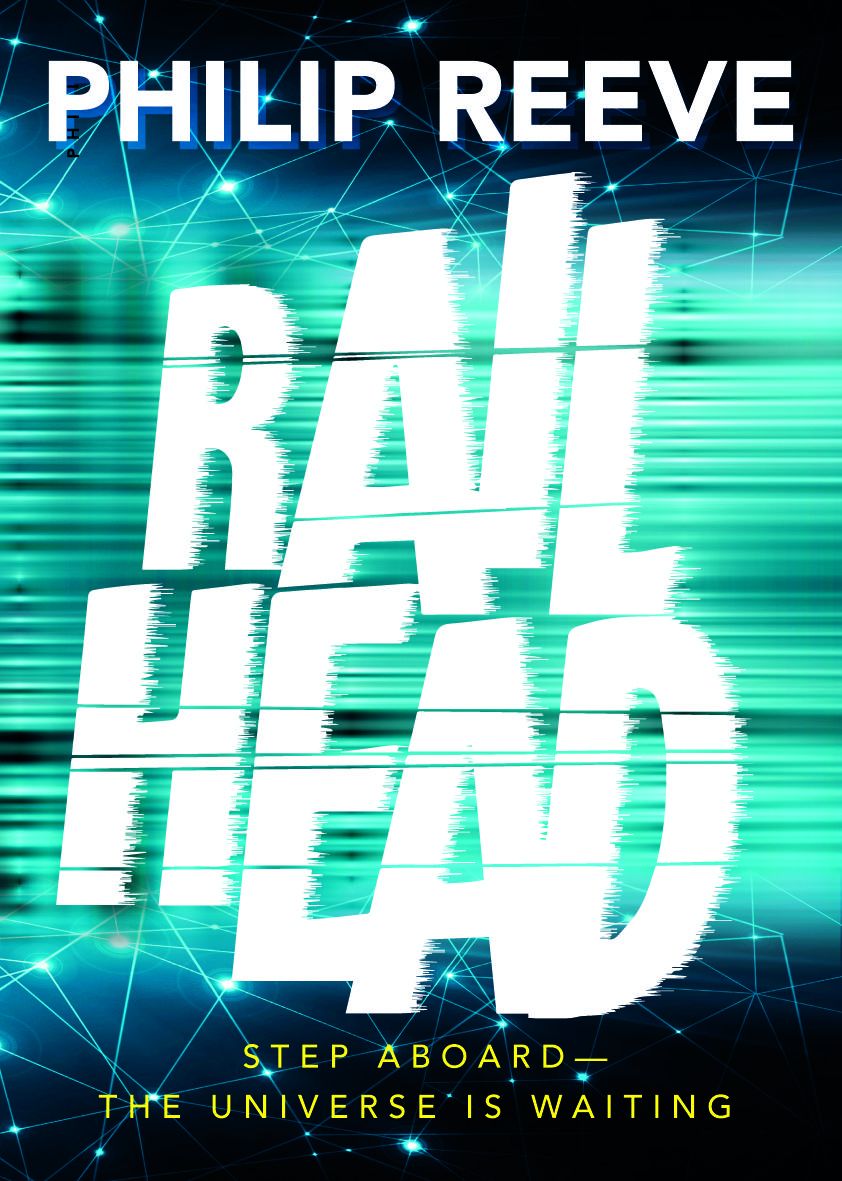
Part 1: science fiction, fantasy and dystopia Whether you’re looking to widen the genres you try or just want to dig deeper to find more of the kind of books you love, I hope these reading suggestions might help you to explore the science fiction, fantasy and dystopia genres. Please note, some of the books […]
Read more
